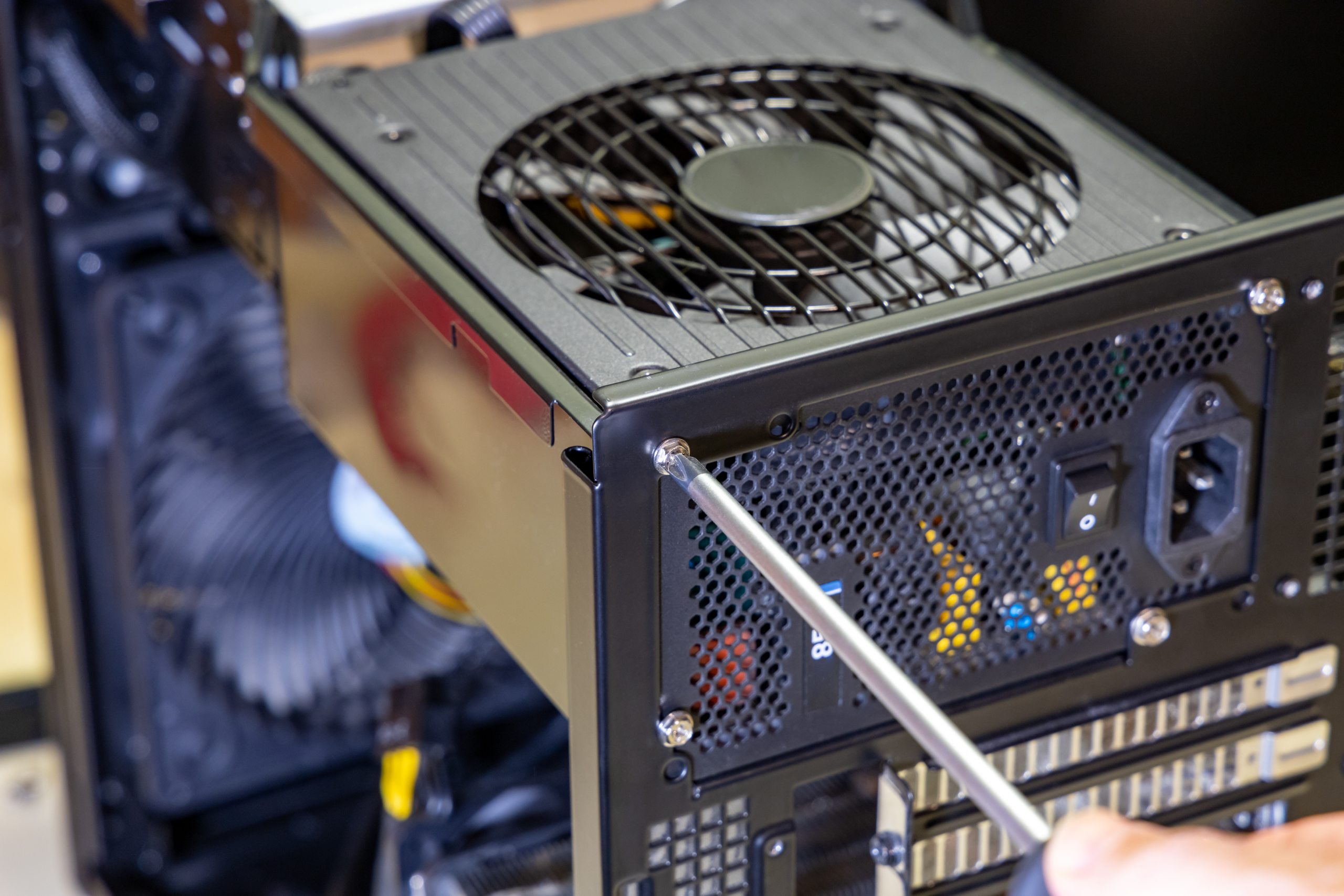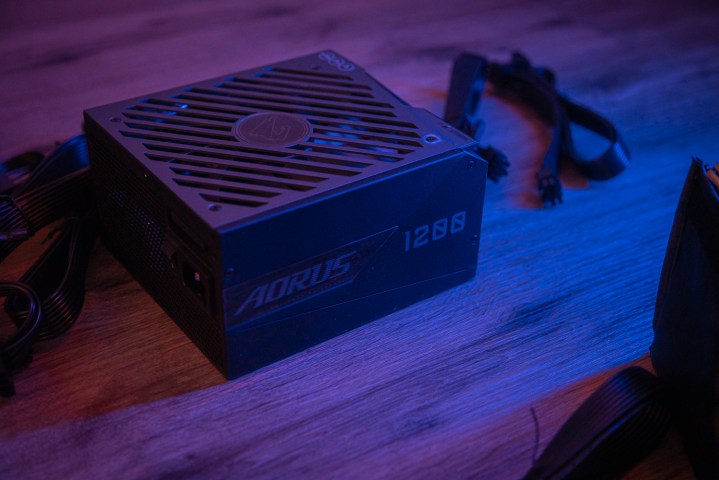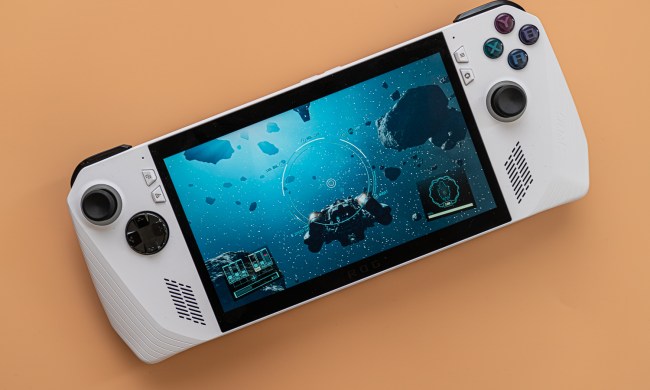
Of all the components in your PC, the one that gets the least attention is your power supply. You can carry it over from build to build, and as long as it boots and your PC doesn’t catch itself on fire, you have nothing to worry about. Your power supply has a shelf life, though, and ignoring it could cause damage to your components or even you.
Why are we talking about this now? A post on the Corsair subreddit where u/-Gavin- says that their Corsair RX1000x “exploded” is currently gaining momentum, The post doesn’t have any text and is accompanied with a picture of the user holding a capacitator cap between a pair of needle-nose pliers. In the comments, the poster clarifies that the power supply is around 13 years old.
There’s a multitude of issues wrong with this post, but let’s start with the life expectancy. Most power supplies have a warranty between five and 10 years, with more expensive units generally coming with a longer warranty. The Seasonic B12 series has a warranty of five years, for example, while its Prime series extends to 12 years. Corsair Vengeance power supplies have a five-year warranty, while the RMx series has a 10-year warranty. You get the idea.
If you’re out of warranty and you have a power supply fail, you need to get a new power supply. These warranties extend far longer than most components in your PC, with higher-end versions covering the entire life expectancy of the product. Even a high-end power supply isn’t expected to last beyond 10 years. In the case of this Reddit post, the poster got three more years than what was expected out of the power supply. That’s a pretty good run.
Unlike most components in your PC, you shouldn’t attempt to repair a power supply if it’s out of warranty. That’s the other, more serious problem with this post. The capacitors inside a power supply can remain charged for hours (and sometimes longer) after being disconnected from power. If you open up your power supply, a high-voltage shock can land you in the hospital or even be fatal.

Regardless, you should never open a power supply unless you know what you’re doing — and I mean honestly know what you’re doing. This is the only component in your PC where doing something wrong can seriously harm you. There’s a reason power supplies have such long warranties, and this is exactly it.
Assuming you have a decent power supply in your PC, you don’t need to worry that it’s a ticking time bomb that will explode if you look at it the wrong way. I like to follow the rule of upgrading my power supply whenever I make a PC upgrade and the warranty is almost out. That works assuming you make relatively frequent updates to your PC.
There’s a pretty simple gut check here, too. If you’ve ran a power supply through several builds and it’s been around for a decade, that’s probably a good sign it needs to be replaced. The important thing is to not ignore your power supply, as it can easily take out other components in your build on its way out the door.
Once you’ve upgraded, don’t throw your old power supply in the trash. Instead, take it to a local e-waste recycling center and dispose of it there. Once again, it can hold a charge for quite some time, so you don’t want to pass off the risk of getting zapped on to your local garbage processing center. You can also look into selling it, though be very mindful of listing the age of the power supply and any relevant warranty information.
A power supply works until it doesn’t, and it can be quite the headache if your power supply stops working. Keep in mind how long your power supply should last and upgrade it frequently — but more importantly, never bust it open to poke around.




